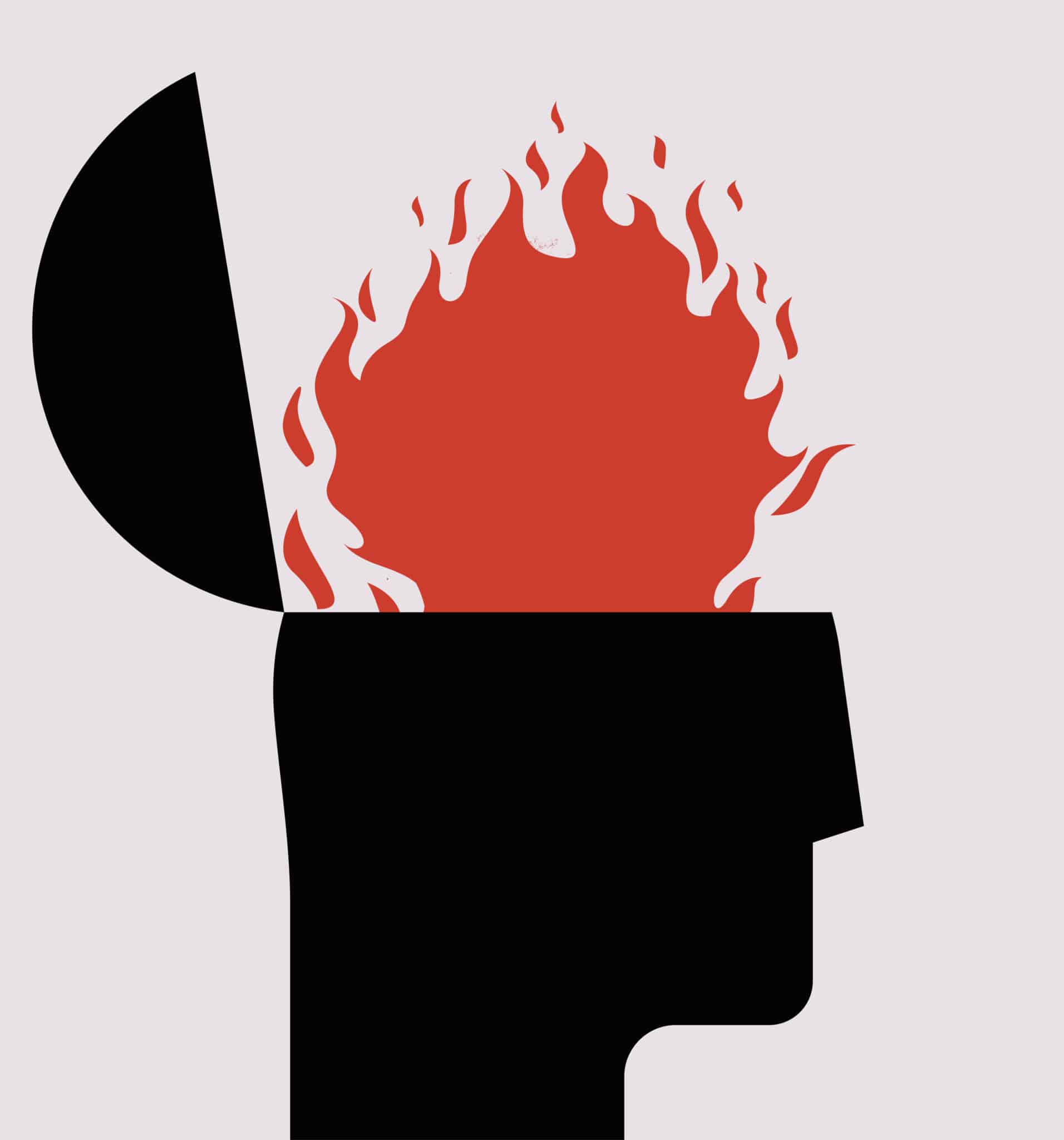Rutgers-Camden Blog
Recognizing & Preventing Student Burnout in College

Has the rush of excitement you felt when starting college turned into stress, fatigue, and lack of motivation? Are you worn out from writing papers, studying for exams, and preparing group projects? While some stress is to be expected in college, it is important to recognize the signs and symptoms of burnout, which left unaddressed, can lead to serious health issues.
All students are vulnerable to burnout. According to the National College Health Assessment, 80% of college students reported feeling overwhelmed, while 40% said it was difficult to function. Burnout occurs when chronic stress extends for a period of time, creating feelings of apathy, fatigue, detachment, and lack of interest in academics. Burnout can lead to a drop in academic performance, loss of interest in social activities, increased anxiety and depression, and changes in appetite.
Review the common symptoms of burnout and do a quick inventory of your mental, emotional, and physical feelings to see if you exhibit any of these signs.
- Exhaustion: Feeling tired all the time, no matter how much sleep you get. You may experience physical, emotional, and/or mental exhaustion, feeling like you have nothing left to give.
- Loss of motivation: You no longer want to see friends, attend class, or participate in social activities. You have lost interest in things that previously brought you joy, or you find it difficult to wake up and start your day.
- Irritability: You feel frustrated, unable to focus or effectively engage with peers or professors. You feel disappointed in yourself or critical of your academic performance, and are angered quickly.
- Unable to focus: You feel disconnected, unable to concentrate. Increase in procrastination to start or finish tasks.
- Anxiety or Depression: You feel anxious in class or around people or lack any interest in things you previously loved, you could be dealing with burnout or the beginning of a serious mental health episode requiring prompt professional care.
How to Address Student Burnout
If you are showing signs of burnout, address it quickly. Take the necessary steps to feel better and end the semester successfully!
- Prioritize your basic needs. Make sure to eat healthy foods, get enough sleep, and exercise at least one hour each day. These good habits help to prevent student burnout.
- Stay away from situations that cause unnecessary anxiety. Only you know how much stress and persistent effort you can handle before burnout sets in. Set boundaries to protect yourself from situations and people who exacerbate feelings of stress.
- Don’t overcommit. It can feel like there isn’t enough time in the day to get everything done. Plan out the next few weeks, setting time for your basic needs and seeing friends and family. Find a balance between schoolwork and rest. Only commit to activities outside of studies that bring you joy, and do not feel bad saying no to those that don’t.
- Step away from technology for a few hours. Doing so removes the urgency that social media platforms add to your life. Take a long walk with a friend; it can do wonders for your stress levels and general outlook.
- Think positively. It is important to remember that burnout is only temporary when dealt with properly. It is ok to spend some time wallowing but staying optimistic is one of the best things you can do to weather this storm and move past it. Whether that looks like taping mantras to your bathroom mirror, reading a morning affirmation, or reminding yourself that burnout will end, try to stay positive in your thinking.
- Ask for help. If you are experiencing a high level of anxiety or depression, losing interest in things that previously interested you, or pulling away from friends and family, ask for help. The Rutgers Camden Wellness Center is a great resource! In addition to medical care, they offer psychological and counseling services, drug, alcohol and nicotine assistance and wellness support. And, all students are welcome to visit the RU Camden Food Pantry!
Additional Resources:
8 Ways to Cut Medical Student Burnout. The American Medical Association provides tips for managing burnout while studying medicine and healthcare.
Burned Out in College? Here’s How You Can Recover. The American Institute of Stress offers good advice for recovering from burnout.
How Online Students Can Beat Burnout. This interview with an American Public University professor highlights the unique challenges for online students regarding burnout and offers ideas for avoiding it.
How to Deal with Student Burnout. YouTube video looks at ways of taking care of burnout once identified.
Preventing Academic Burnout–The Art of Saying “No”. CollegiateParent provides this guide to parents of college students dealing with burnout.


